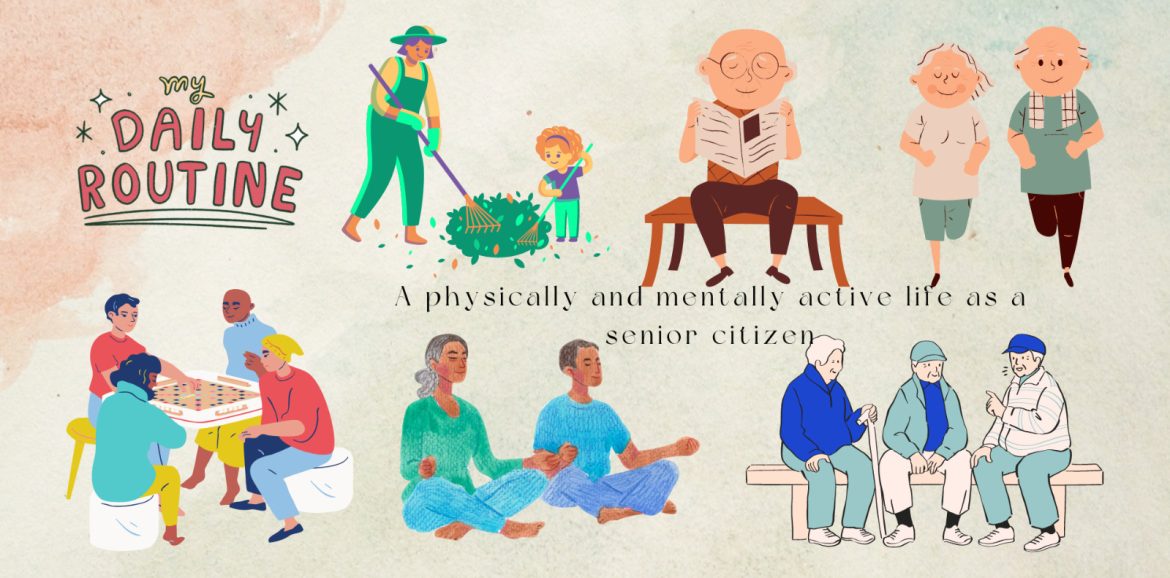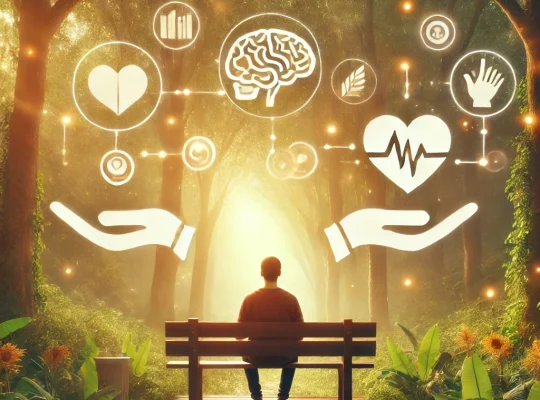Life after 65, known as the post-retirement years, is often referred to as the ‘Golden years’ of one’s life. For many, these golden years signify financial security and enjoyment of the fruits of their efforts. As people’s commitments to their children with education and marriage are usually completed, it is now time to look forward to spending quality time with the grandkids and enjoy retired life! After all, what is post-retired life if not a rainbow of leisurely strolls, afternoon napes and story-time with grandkids!
As idyllic as this may sound, many people don’t experience life after 65 in this way. Often, it is fraught with health concerns, and in particular mental health concerns. Depression is common among the aged population with one out of every third Indian over the age of 60 suffering from depression. Assisted suicide is also becoming increasingly common in some countries.
What can be the reason behind the growth in depression and suicides among our elders?
Age related ailments top the list as diabetes, stroke, thyroid disorders and even some infections can cause depression among seniors.
Memory loss goes hand in hand with ageing. While some of this memory loss is a natural part of ageing, a significant decline in memory and/ or other cognitive function such as planning and execution, motor skills, judgment, language and visuo-spatial abilities may be a sign of dementia.
Dementia is progressive condition that slowly eats away at one’s personality and makes them increasingly dependent on caregivers. And while, there currently is no cure for dementia, there are ways to detect dementia early and use medication to retard its progression.
That being said, there are many ways to age healthily. Staying active mentally and physically as you age is important to keep you alert and agile. Retirement from work should not be seen as retiring from all activities. Rather, it should be a time to up your activities to be mentally and physically active. Sticking to your routine, carrying on all day-to-day activities and chores such as driving, walking, banking becomes even more vital.
Additional activities that can challenge you such as board games, active participation in community activities, and volunteering helps pass time and stay invested in your surroundings.
Reading books/newspaper, engaging in crosswords or puzzles or even learning a new language are a few ways to maintain and improve one’s cognitive function and fight dementia.
Enhancing or building a social network, continuing to engage in activities outside the house are quintessential in warding off loneliness, a risk factor for depression. Mind-body activities such as yoga have dual benefits of improving both physical and mental health.
Finally, the popular opinion that mental illness is a burden of the youth is a myth. Our elderly are equally susceptible to mental health issues if not more. Therefore, it is imperative that we are mindful and aware of this growing phenomenon and not neglect our mental health. After all, before you know it, age will catch up on you and take you down that road too! So, stay healthy and do your bit to take care of your elder’s mental and physical well-being.
Dr. Nivedita Sudheer
MBBS, MD (Psychiatry) , DPM
Consultant Psychiatrist
dr.niveditasudheer@gmail.com




